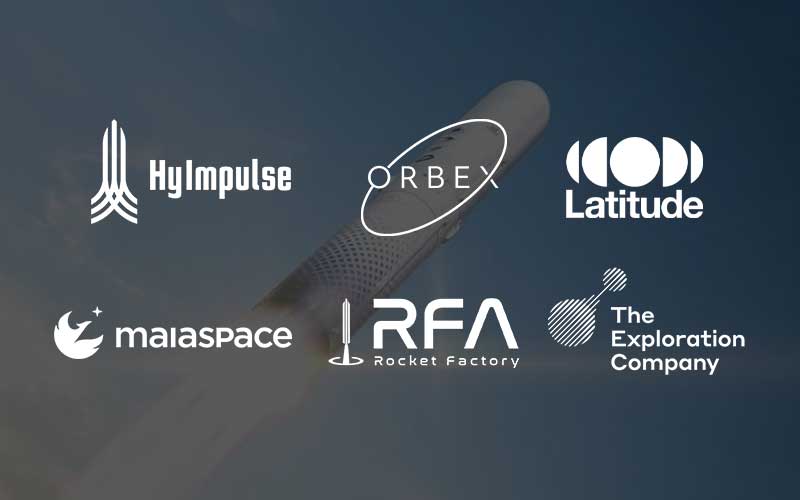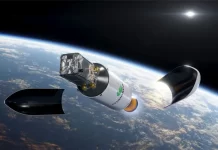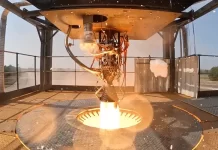
Six European launch startups have penned and released an open letter to ESA outlining key priorities they urge the agency to consider when implementing the European Launch Challenge. Below is the full, unedited text of the letter. You can read more about the European launcher Challenge here.
Strengthening Europe’s Launch Industry
Key Priorities to Shape the Implementation of the European Launcher Challenge
With the draft resolution for European space transportation shared with member states, the path to the opening of the ELC invitation to tender by February 2025 has been outlined. To fine-tune the implementation proposal, the following three elements are crucial:
- Substantial Funding Commitment: If the objective is to enable ambitious medium or heavy lift payload performance demonstrations to LEO before the decade’s end, the amounts currently foreseen are clearly insufficient. The potential for ELC awardees to receive more than €150 million in ESA co-funding appears needed. This would help secure around €1 billion in total funding with private investors.
- Access to Launch Pads at CSG: Securing a launch pad in Kourou under private company operation is essential for ensuring independence and operational flexibility for European launchers. In addition, The EU should create the conditions to enable the launch of European institutional payloads from strategic non-EU locations, such as Norway and the United Kingdom.
- Service-Type Contracts for Capacity Demonstration and Launch Agreements: The ELC’s implementation must focus on service contracts for capacity demonstration and launch service agreements. Progress should be measured by actual results based on predefined success criteria and technical milestones, not on promises, with payments as a minimum tied to milestone achievements, ensuring accountability and tangible progress. Additionally, fostering risk-taking, while reducing unnecessary documentation, is crucial to ensure the success of this initiative.
It is crucial to ensure that the following already agreed-upon elements remain unchanged through to implementation:
- Limit the Number of Awardees: Europe’s institutional demand for launch services is limited. To avoid spreading this demand too thin, support should be focused on a select group of the most promising companies.
- No Payload Performance Limits for Companies: Companies should have the freedom to determine their payload capabilities, allowing market dynamics to drive innovation rather than imposing artificial requirements.
- A Shift in Mindset – Need for Speed: To compete globally, Europe must embrace a cultural shift towards speed and innovation. Laws and regulations should be evaluated based on their ability to accelerate progress, with speed as the primary KPI. Progress should be evaluated based on specific results and not based on paper. Every regulation should be scrutinized to ensure it enables Europe to catch up with global leaders like the US and China.
- Selection Criteria: The focus should be on technical and commercial progress made to date, as this is the most important criterion. Other factors such as fundraising capabilities, sustainability considerations or projected pricing for launch services are to be considered as well, but carefully.
HyImpulse, Latitude, MaiaSpace, Orbex, RFA and The Exploration Company believe these steps are essential to strengthening Europe’s launcher industry, ensuring sustainable competitiveness in the medium term. We stand ready to contribute our expertise and collaborate on achieving these goals. We appreciate your support and are available for further discussions.




